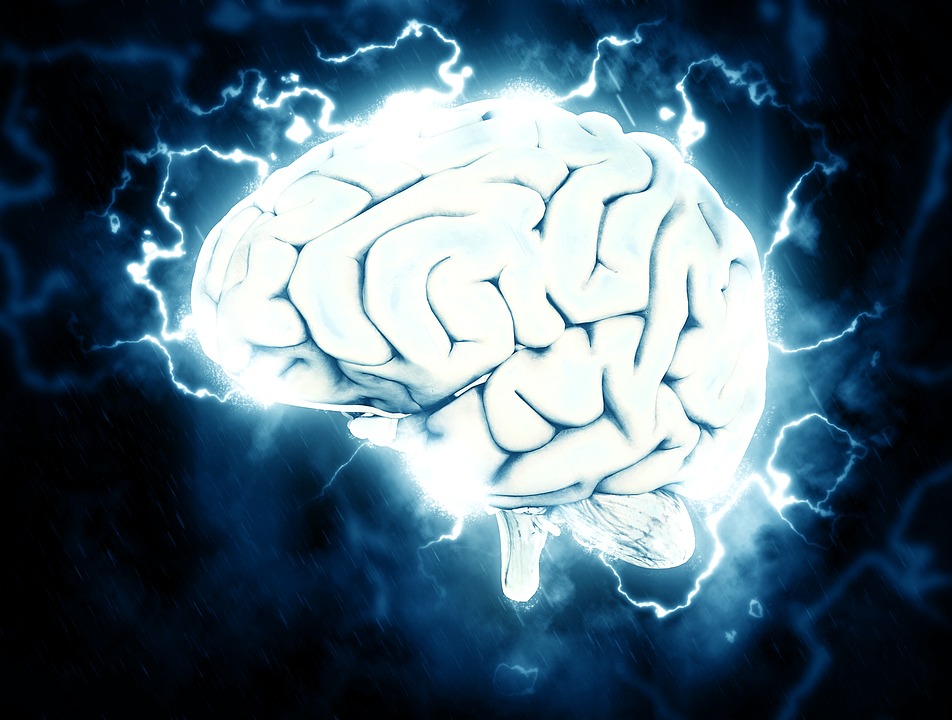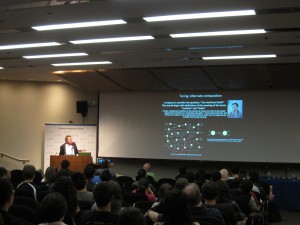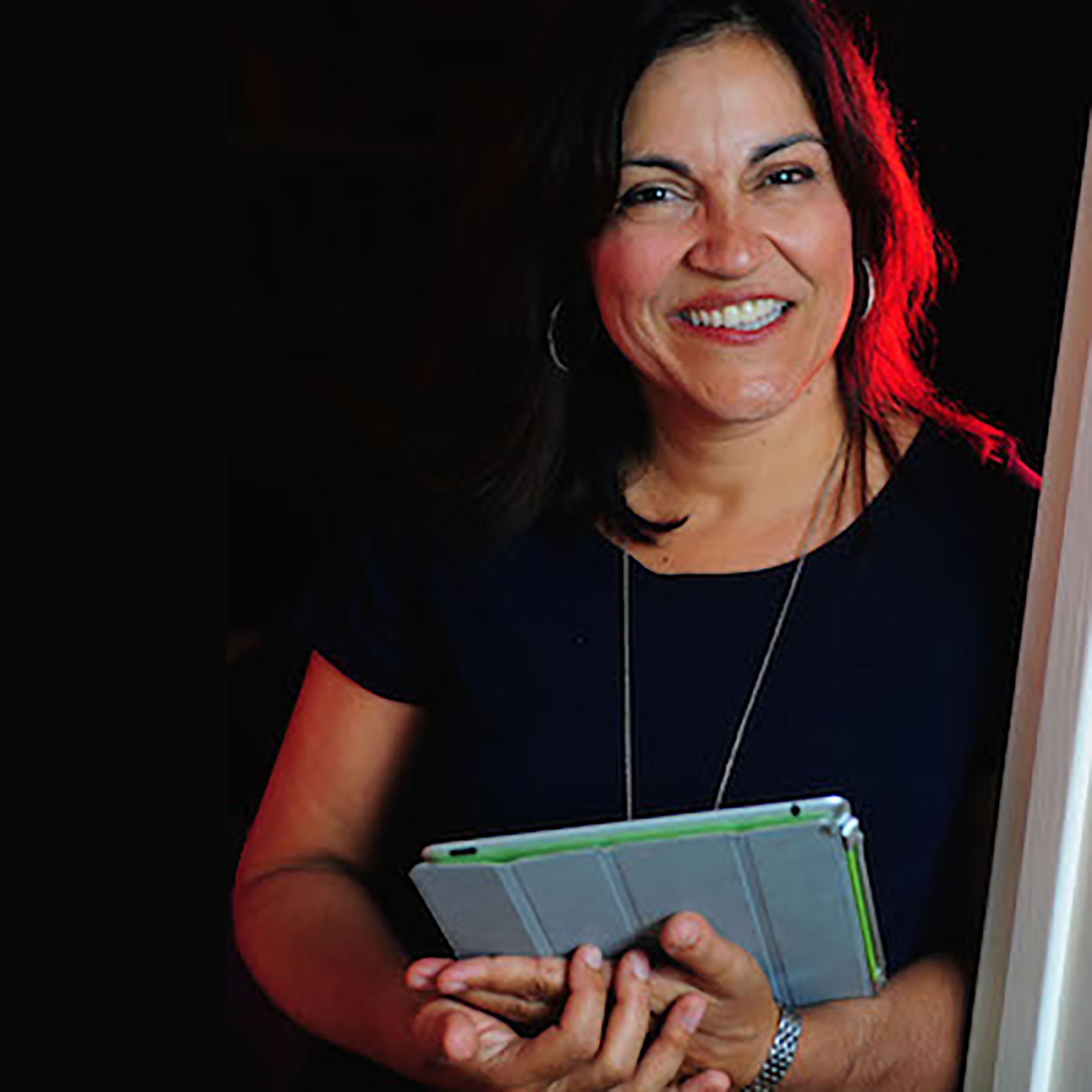-
A look behind a changing mind

What’s going on in the brain when someone does change their mind? Understanding neural systems underlying belief maintenance can bring scientists closer to communicating new research in a way that makes people more amenable to updating their beliefs.
-
Polyvagal Theory Part 1: The Wandering Nerve

The polyvagal theory is a neurobiological theory relating social engagement, physiology, and developmental outcomes. When I was first learning the theory, I struggled to understand some of the theory’s basic terms and could not find a resource that simplified it. Therefore, this three–part series of articles is intended to serve as an introduction to the…
-
Outreach Event: Demystifying the Graduate School Application Process!

Navigating the graduate school application process can be a very overwhelming and stressful experience. Potential applicants are understandably faced with countless questions, such as: “How many schools should I apply to?” “When should I take the GREs?” “What should I include on my CV?” “How do I know if a professor is accepting students?” “When should I…
-
Can I become more inspired?

“Do one thing every day that scares you.” —Eleanor Roosevelt Happy new year! (It still counts as the new year, right?) How are you doing on your New Year’s resolutions? If you’re like a lot of people, you might be beginning to lose sight of them. Research has found that a little over a third…
-
Bewonderment: Awe and other stupefying things

“The atoms of our bodies are traceable to stars that manufactured them in their cores and exploded these enriched ingredients across our galaxy, billions of years ago. For this reason, we are biologically connected to every other living thing in the world. We are chemically connected to all molecules on Earth. And we are atomically…
-
Highlights of “Building Minds”

For those who missed “Building Minds: Microchips & Molecules”, here is a taste of the action. For all who packed the CNSI auditorium in May for our annual interdisciplinary symposium, here is a quick trip down memory lane. Enjoy! Gimzewski (’15 symposium) UCLA’s James Gimzewski cited Alan Turing in his talk describing his research on…
-
My Graduate School Survival Guide

Disclaimer: Technically, I have not yet ‘survived’ grad school. But, with three out of five years under my belt, I like to think I’ve acquired some useful wisdom. Although there is no one-size-fits-all model for successfully navigating grad school, here I’ll outline some strategies that I find particularly effective for maximizing efficiency and maintaining solid…
-
The Neuroscience of Altruism

At times, it is tempting to take a rather cynical view of human nature. After the latest revelation of political corruption, exposure of fraud, or swiping of the last space in the crowded supermarket parking lot that you had been waiting 10 minutes for, we may want to conclude that people are fundamentally selfish. A…

